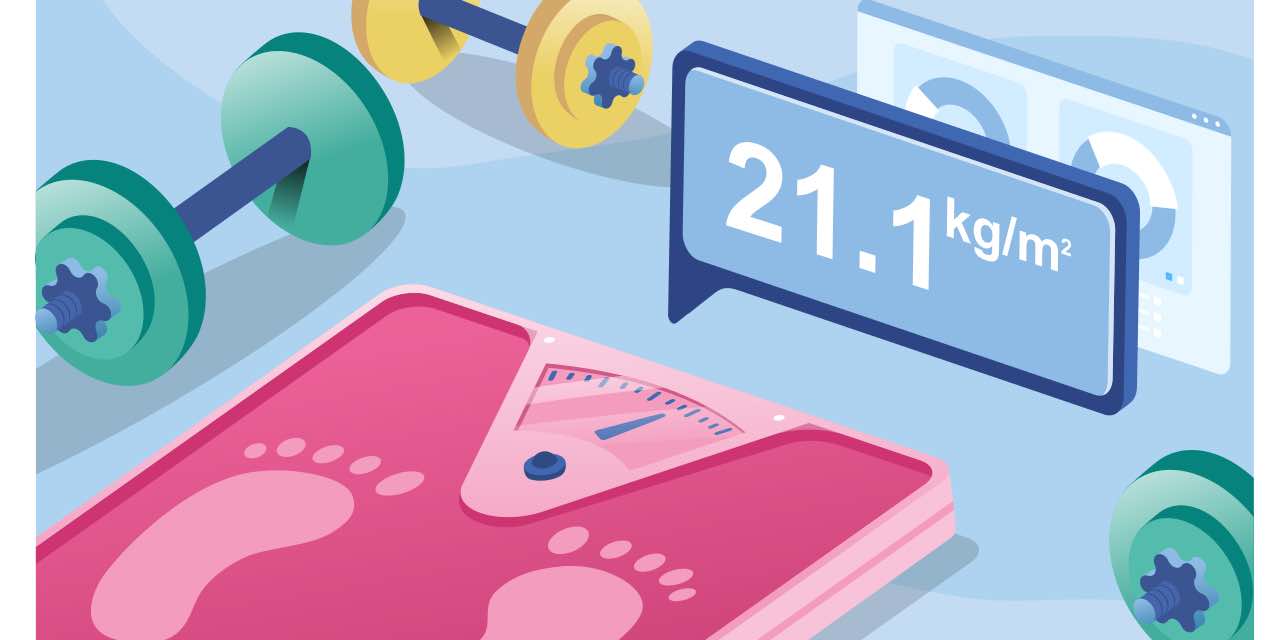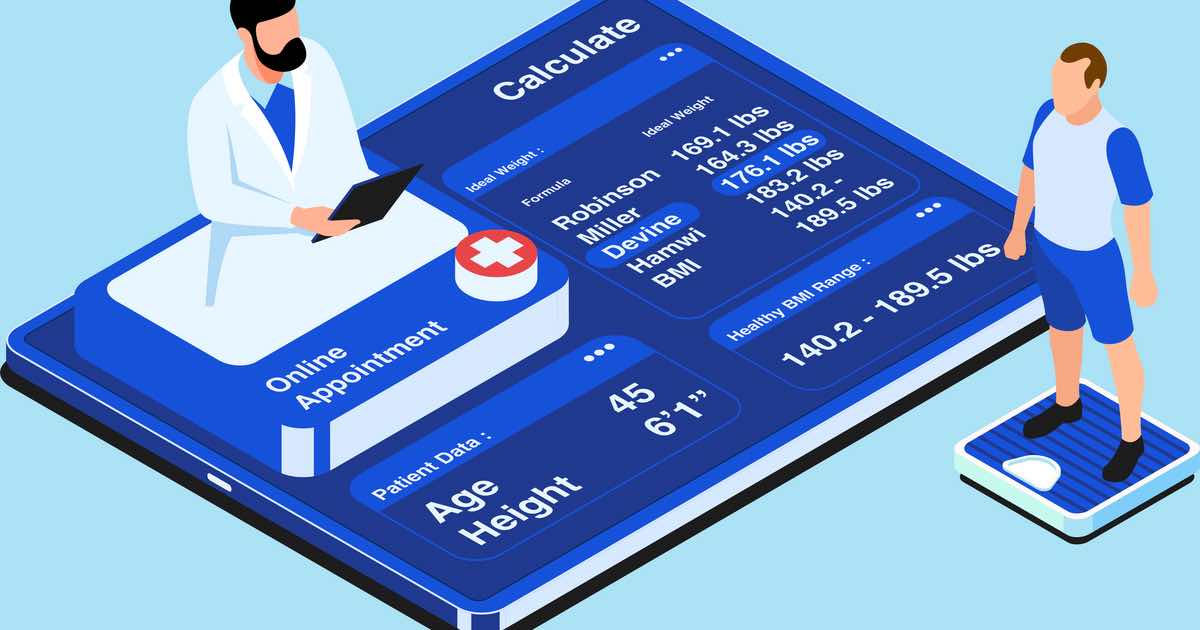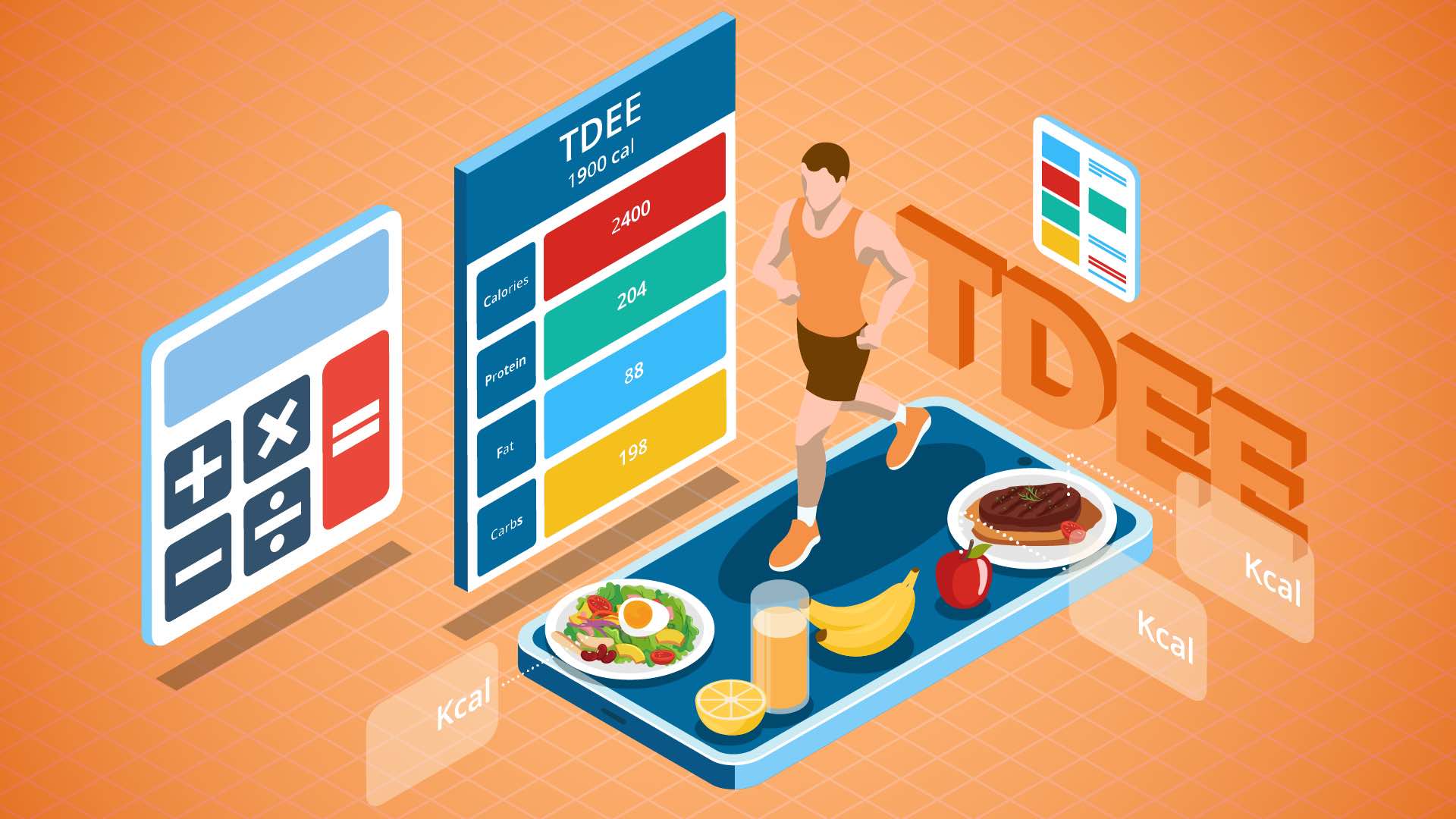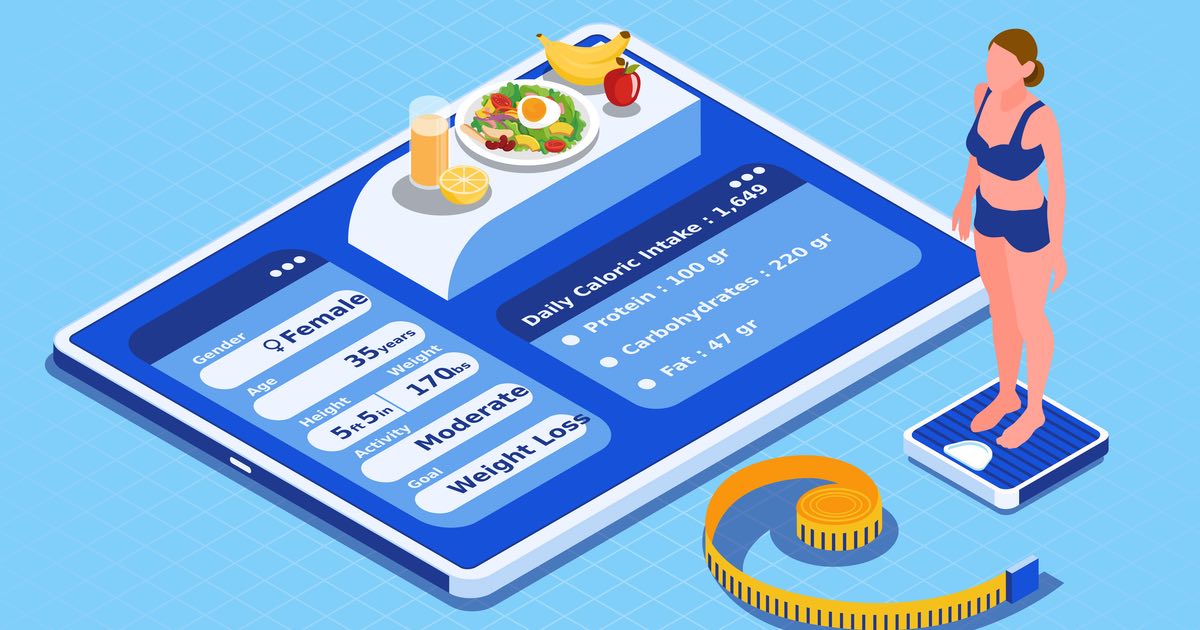The Calorie Calculator is a vital tool for anyone looking to manage their diet and fitness goals effectively.
 Calorie Calculator
Calorie Calculator
Weight Calculator & Calorie Calculator
Weight Management Calculators assist in tracking and optimizing body weight and composition, offering insights on BMI, BMR, calorie intake, and burned calories.
Introduction of Calorie Calculator
This article provides a comprehensive overview of what a Calorie Calculator is, why it’s essential, its benefits, and practical applications. We’ll explore various aspects related to calorie calculation, including its significance in maintaining a healthy lifestyle and achieving fitness objectives.

Table of Contents
- What is a Calorie Calculator?
- Why Use a Calorie Calculator?
- Benefits of Using a Calorie Calculator
- When to Use a Calorie Calculator
- Who Should Use a Calorie Calculator?
- Alternative Tools for Calorie Calculation
- FAQs
What is a Calorie Calculator?
A Calorie Calculator is a tool that estimates the number of calories a person needs to consume daily based on factors such as age, weight, height, activity level, and fitness goals. It helps individuals determine their daily calorie intake to maintain, lose, or gain weight effectively.
Why Use a Calorie Calculator?
Using a Calorie Calculator is crucial for understanding and managing one’s dietary needs accurately. It provides personalized recommendations tailored to individual factors, ensuring that nutritional goals align with health objectives.
Benefits of Using a Calorie Calculator
- Precision: Calculates precise calorie requirements based on individual metrics.
- Goal Management: Helps in achieving weight management goals effectively.
- Education: Enhances awareness about calorie intake and its impact on health.
- Efficiency: Simplifies the process of planning and adjusting dietary habits.
When to Use a Calorie Calculator
- Weight Management: Essential for individuals aiming to lose, maintain, or gain weight.
- Fitness Planning: Useful for planning diets that support specific fitness goals.
- Health Monitoring: Assists in monitoring nutritional intake for overall health maintenance.
Who Should Use a Calorie Calculator?
- Fitness Enthusiasts: Individuals engaged in regular physical activity seeking optimal nutrition.
- Dieters: People focusing on weight loss or weight gain programs.
- Health-conscious Individuals: Those interested in maintaining a balanced diet for overall well-being.
Alternative Tools for Calorie Calculation
Here are some alternative tools and resources related to calorie calculation:
- MyFitnessPal: Tracks calorie intake and exercise, offering personalized insights for dietary management.
- CalorieKing: Provides nutritional information and calorie counts for various foods and recipes.
- Fitbit: Integrates fitness tracking with calorie management, offering real-time insights into daily activities.
- Lose It!: Helps users set personalized weight loss goals and track calorie intake accordingly.
- SparkPeople: Offers calorie tracking, meal planning, and fitness motivation for achieving health goals.
Advantages:
- Customization: Tailors calorie recommendations based on personal metrics and goals.
- Accessibility: Available online and through mobile apps for easy access anytime, anywhere.
- Motivation: Encourages adherence to dietary goals through progress tracking and goal setting.
Disadvantages:
- Accuracy Variability: Results may vary based on input accuracy and individual metabolic factors.
- Dependency: Users may become overly reliant on calorie counts, potentially affecting intuitive eating habits.
Challenges:
- Education Requirement: Understanding how to use and interpret calorie calculations effectively.
- Sustainability: Maintaining consistent adherence to dietary recommendations over time.
Recommendations:
- Regular Updates: Adjust calorie intake as needed to align with changing fitness and health goals.
- Consultation: Seek advice from healthcare professionals for personalized dietary recommendations.
For more information and access to the Calorie Calculator tool, visit Calorie Calculator.
FAQs
1. What is a Calorie Calculator? A Calorie Calculator estimates daily calorie needs based on individual factors to manage weight and health effectively.
2. How does a Calorie Calculator work? It considers factors like age, weight, height, activity level, and goals to calculate daily calorie requirements.
3. What are the benefits of using a Calorie Calculator? Benefits include precise calorie management, goal achievement, and enhanced health awareness.
4. Who should use a Calorie Calculator? Fitness enthusiasts, dieters, and health-conscious individuals can benefit from using a Calorie Calculator.
5. Are there alternative tools to a Calorie Calculator? Yes, alternatives include MyFitnessPal, CalorieKing, Fitbit, Lose It!, and SparkPeople, each offering unique features for calorie management.
6. Can a Calorie Calculator help with weight loss? Yes, it assists in planning calorie-deficit diets conducive to weight loss goals.
7. Is using a Calorie Calculator easy? Yes, most tools are user-friendly, requiring basic input to generate personalized calorie recommendations.
8. Are Calorie Calculators accurate? Results can vary based on input accuracy and individual metabolic factors, but they provide a useful starting point for dietary planning.
9. How often should I update my calorie intake using a Calorie Calculator? Regular updates are recommended to reflect changes in activity levels, weight, or fitness goals.
10. Is there a cost associated with using a Calorie Calculator? Many tools offer free basic services with optional premium features for enhanced tracking and analysis.
This guide offers a comprehensive overview of the Calorie Calculator, its benefits, applications, and alternative tools, ensuring users can effectively manage their dietary and fitness goals. For further details, visit Calorie Calculator.










